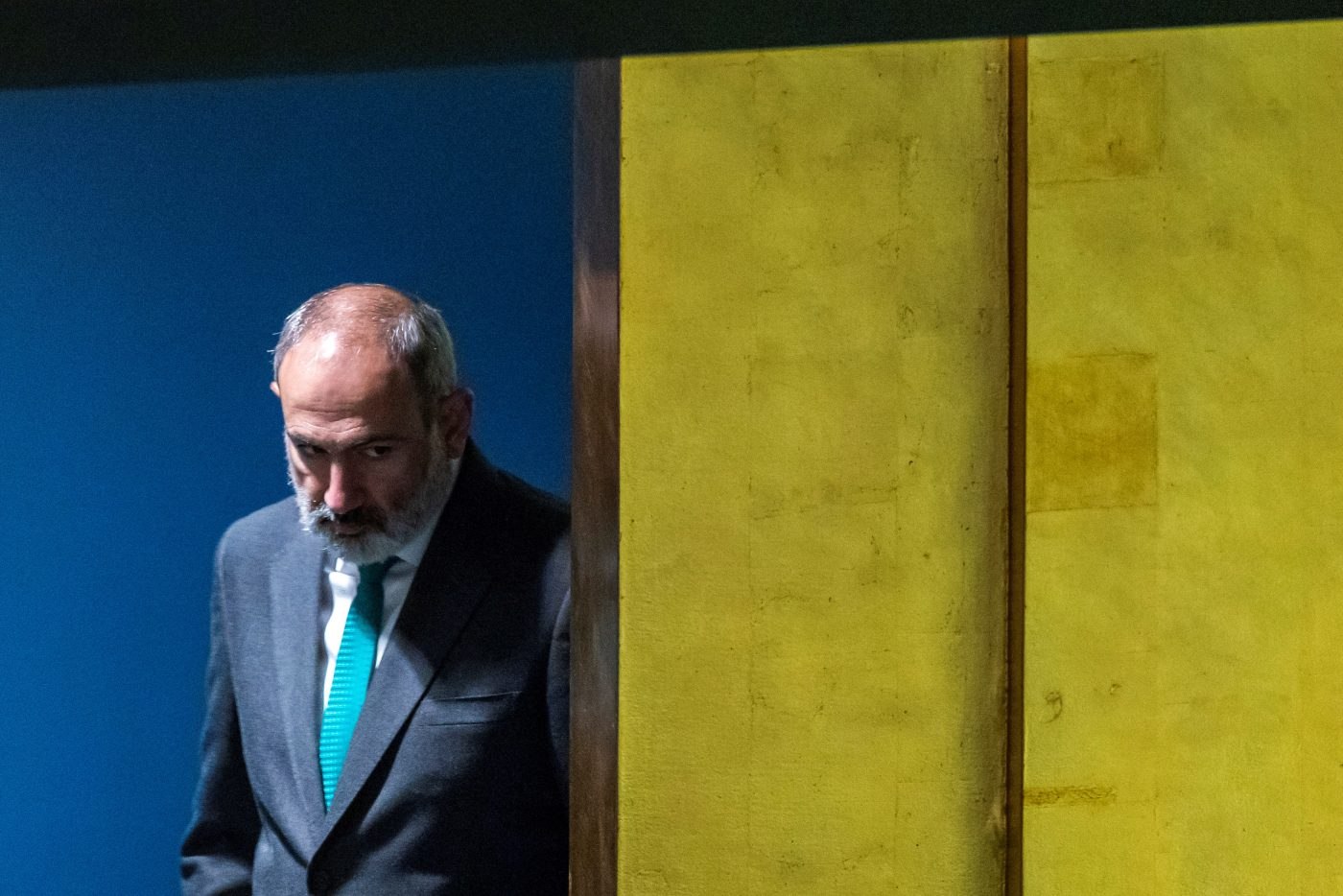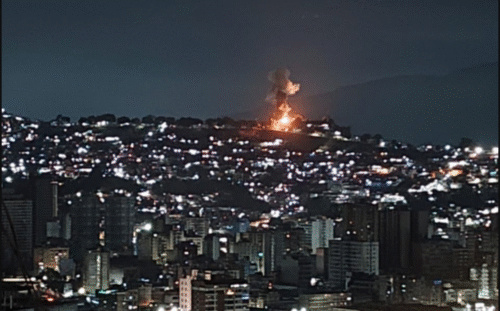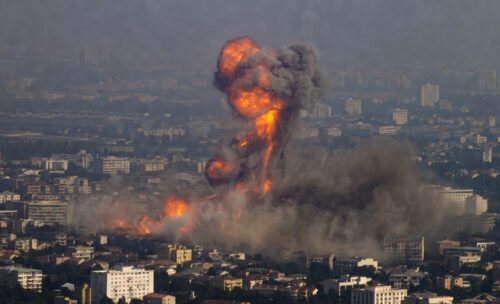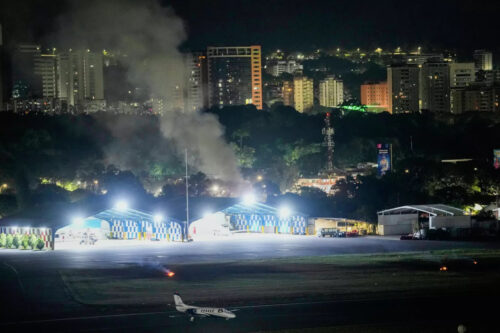
Pashinyan’s “anti-Russian leaps”
We won’t reveal a secret if we say that after Nikol Pashinyan’s seizure of power in Armenia and the actual overthrow of the state order, one of the priority issues on the agenda was the issue of the external line. Pashinyan was shouting on the streets in 2018 that “there will be no change in the foreign political line of the Republic of Armenia”, thus sending specific messages to the corresponding poles. However, already in October 2018, when U.S. National Security Advisor John Bolton was on a regional visit to Armenia, it became clear that, in the words of the latter, Armenia went beyond “historical stereotypes” and incomprehensible foreign “political leaps” without any reasonable justification began.
First, it became obvious that the collective West, which played its own part in bringing Pashinyan to power, will do its best to generate anti-Russian sentiments among the public and will use all means in the South Caucasus region, and more sharply in Armenia, to minimize the Russian factor. And gradually, this mechanism began to be put into action, initially in the person of various small “caliber” figures, and after certain processes, the ruling regime took up this issue.
Perhaps you will agree that the last 3-4 years were the most difficult for Armenian-Russian relations since Armenia gained independence. This was due to the 2020 Artsakh War and Azerbaijan’s military incursions into the sovereign territory of Armenia, which Pashinyan interpreted from the prism of “the ally’s failure to fulfill its responsibilities”. He repeatedly noted that Armenia is openly dissatisfied with the stance of Russia and the CSTO, considering that Russia has not fulfilled its alliance obligations. These claims were direct components of the aforementioned processes. It is obvious that the actual conflict between Russia and the West complicates the situation even more. Any attempt by Armenia to activate contacts with the EU and the U.S. is perceived as “betrayal” in Russia, and some Russian experts accuse Armenia of “choosing the path of Ukraine”. In fact, there are some elements of truth here, but it is a subject of another discussion and study.
We can clearly see that Pashinyan is trying to Ukrainianize Armenia with his insane steps on the one hand, while on the other hand, he continues to cling to Russian markets, which currently have a vital significance for Armenia and make up the lion’s share of the Armenian GDP.
Despite the harsh statements, accusations and complaints against Russia, Armenian-Russian bilateral economic ties are developing rapidly. In particular, it is clear from the state documents that in 2023 the bilateral trade turnover may reach $6 billion, which is an unprecedented figure for the two states. This is partly due to the sharp increase in exports from Armenia to Russia. Money transfers from Armenia to Russia, as well as tens of thousands of Russians who moved to Armenia after the outbreak of the war in Ukraine also play an important role in this regard.
Additionally, in 2023, exports to the EAEU countries increased by more than 42.9% (from 2,564 to 3,609 million U.S. dollars); 42.9% of the total export volume of Armenia goes to the EAEU. Russia is the main trade partner of Armenia and the share of exports to Russia is the most diversified. During the same period, exports of cars and equipment to Russia have increased more than 10 times, while categories such as chemicals, plastics, ceramics, glass and metals increased over three times. Let us add that the situation in the West is not that good, to put it mildly. As of the end of 2023, the EU ranks fourth in exports to partner regions, and in 2023, only 8.4% of Armenia’s exports went to the EU.
The mentioned figures indicate that Pashinyan and his teammates, no matter how much they slander Russia and its policies and actions—where in reality there are quite problematic and deep problems—there is direct dependence, and this is of great significance for those who came to power in Armenia: That is money, a lot of money. And when Pashinyan speaks in the National Assembly about “serving the emperor”, “making Armenia a gubernia”, “subordinating the interests of Armenia to the interests of the Empire” and similar demagogic claims, these are purely situational manipulations, because the next moment he notes that “It is not correct to use such wording with regard to a country like Russia.”
Moreover, one of the most vivid manifestations of Pashinyan’s “anti-Russian sentiments” is the EAEU economic forum being held in Yerevan these days, in which representatives of the government and business sector of the union member states are participating, including Russian Prime Minister Mikhail Mishustin, who was welcomed by Mher Grigoryan at the airport yesterday according to the appropriate protocol. Apart from that, it is planned that Nikol Pashinyan is going to attend the CIS summit scheduled for Oct. 8 in Saint Petersburg. By the way, according to information circulating in the media, Pashinyan is going to leave for Russia on Oct. 7, one day earlier, to participate in Vladimir Putin’s birthday party.
Summing up, let us note that Russia will probably continue to be one of the most influential players in the South Caucasus in the coming years, and the deterioration of relations with it will only create additional problems for Armenia. As for Pashinyan’s attempts to jump to different poles, in fact he is not taken seriously either in the West or in Russia and is simply used in accordance with the situation and the moment.
Armen Hovasapyan


